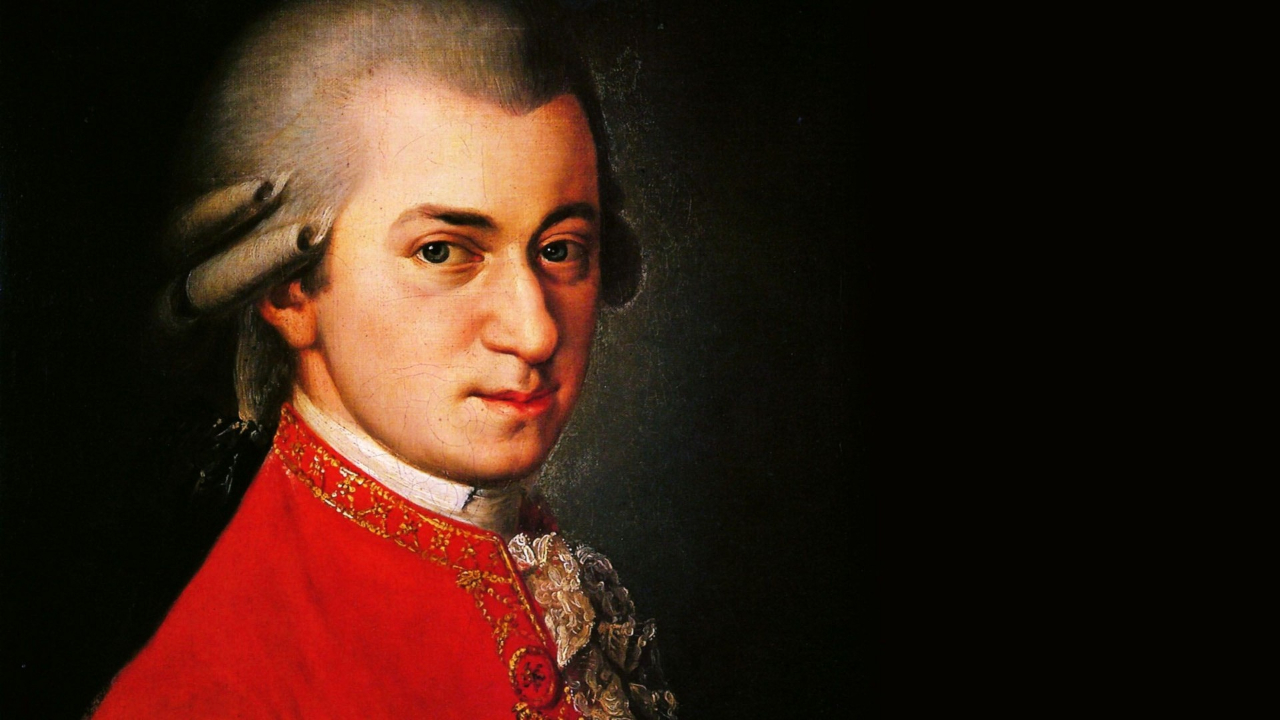Wolfgang Amadeus Mozart, one of the most celebrated composers in the history of classical music, left an indelible mark on the world of music during his short but prolific life. Born in Salzburg, Austria, on January 27, 1756, and passing away at the tender age of 35, Mozart’s genius continues to captivate audiences worldwide. Here are ten fascinating facts about this musical prodigy:
- Prolific Composer: In his brief lifetime, Mozart composed over 600 works, including symphonies, operas, chamber music, and piano pieces. His incredible output is a testament to his unparalleled creative abilities.
- Operatic Legacy: Mozart’s operatic works, such as “The Magic Flute,” “Don Giovanni,” and “The Marriage of Figaro,” are considered some of the greatest operas ever written. They continue to be performed and admired for their beauty and innovation.
- Musical Innovations: Mozart was a pioneer in developing classical forms and structures. His music was known for its emotional depth, innovative harmonies, and masterful use of various musical elements.
- Financial Struggles: Despite his musical prowess, Mozart struggled financially throughout his life. He often lived in relative poverty and relied on the support of patrons and commissions for his livelihood.
- Music in His Blood: Mozart’s father, Leopold Mozart, was a composer and musician. He played a significant role in nurturing and promoting Mozart’s early talent, taking him on tours across Europe to showcase his prodigious abilities.
- Mozart’s Mysterious Requiem: Mozart’s final composition, the “Requiem Mass in D minor,” remains one of the most enigmatic pieces in music history. He died before completing it, and the mystery surrounding the commission and completion of the work has inspired countless legends and dramas.
- Musical Memory: Mozart had a remarkable ability to remember and transcribe music. He was known to have listened to a piece of music once and then accurately transcribed it from memory, a feat that astonished many of his contemporaries.
- Linguistic Talents: In addition to his musical talents, Mozart was a polyglot who spoke several languages, including German, French, Italian, and Latin. He also enjoyed writing letters, often with a playful and witty sense of humor.
- Legacy and Immortality: Mozart’s music continues to be celebrated and performed around the world, ensuring his enduring legacy. His genius has left an indelible mark on the world of classical music and continues to inspire musicians and music lovers alike.
- Child Prodigy: Mozart’s remarkable musical talents emerged at an astonishingly young age. By the time he was five, he was already composing music, and he began performing for European royalty when he was just six.


Comments are closed